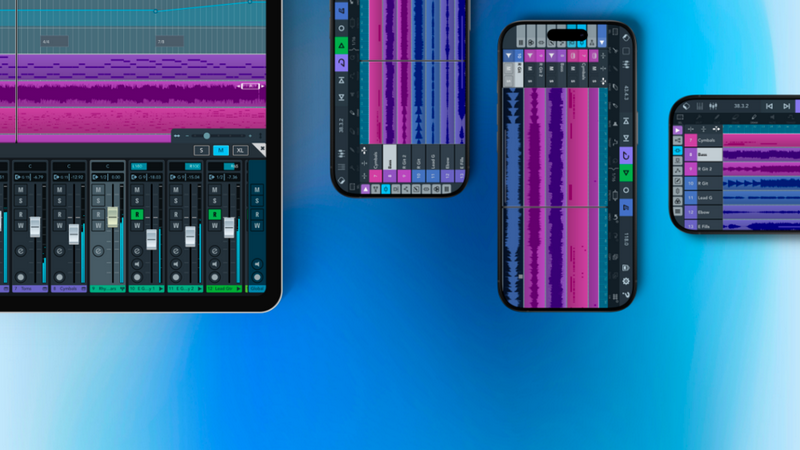
The gaming industry is no stranger to innovation and technological advancements, with the latest buzz being around non-fungible tokens (NFTs) and blockchain technology. These two innovative concepts are making waves in game servers, revolutionizing how players interact with games and the virtual assets they acquire.
NFTs, which are unique digital assets that are indivisible and irreplaceable, have become increasingly popular in the gaming world. Players can now own, trade, and sell in-game items, characters, and even entire game worlds as NFTs, thanks to blockchain technology. This has opened up a whole new world of possibilities for gamers, allowing them to truly own and monetize their virtual possessions.

One of the ways NFTs are influencing game servers is by decentralizing ownership. In traditional game servers, players are at the mercy of the game developers when it comes to owning virtual assets. With NFTs, players have full ownership and control over their items, as they are stored securely on the blockchain. This has led to the rise of player-driven economies within games, where players can buy, sell, and trade their NFTs with complete autonomy.

Furthermore, blockchain technology is also revolutionizing the way game servers operate. By utilizing blockchain technology, game developers can create secure and transparent ecosystems that are resistant to fraud and manipulation. This ensures that in-game transactions are secure and verifiable, providing players with a level of trust and security that was previously lacking in the gaming industry.
Additionally, blockchain technology allows for seamless cross-platform interoperability. Players can now use their NFTs across different games and platforms, creating a unified gaming experience that transcends traditional boundaries. servers hosting minecraft This not only enhances player engagement but also opens up new opportunities for game developers to collaborate and create interconnected gaming universes.
In conclusion, NFTs and blockchain technology are fundamentally changing the way game servers operate and how players interact with virtual assets. These innovations are empowering players, enhancing security, and fostering a new era of transparency and decentralization in the gaming industry. As these technologies continue to evolve, we can expect even more groundbreaking changes in the gaming landscape, shaping the future of gaming for years to come.
